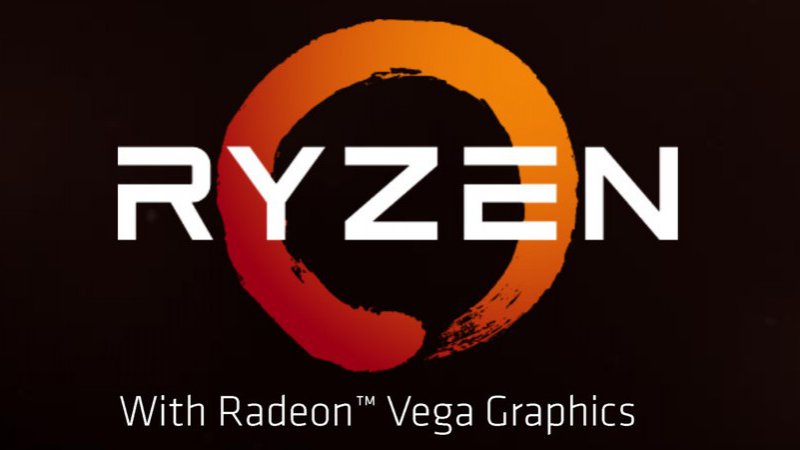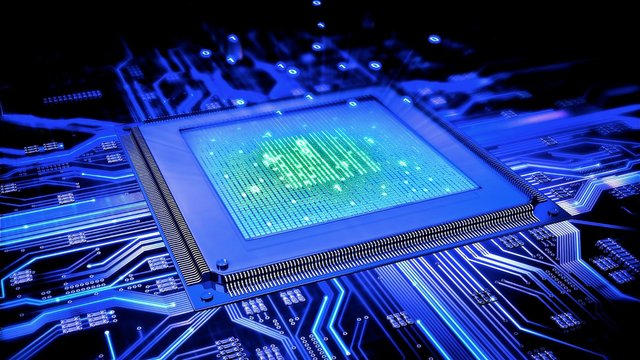AMD takes on Intel with the new Ryzen processors for laptops
AMD takes on Intel with new Ryzen processors for laptops
This year’s core wars are going mobile

Over the last year AMD has Ryzen (get it ???? i'm gonna stop now) as a now relevant and viable alternative to intel, the new AMD chips have managed to shift the dominance of intel over the Desktop PC world, from high-end, multi-core processors like the Threadripper line to the budget Ryzen 3.
But now AMD has set its sight even higher, towards laptops--which is by far the most important segment of the computer category, one where intel's core i series chips have long reigned virtually uncontested almost like a monopoly. To that end, AMD is Unveiling Its First two Processors from the Ryzen Family Line: The Ryzen 5 2500U and the Ryzen 7 2700U, designed for ultrathin laptops.

As the company mentioned in may, the two Chips are technically APUs(accelerated processing units), which combine a CPU and an Integrated GPU into a single chip.
In the case of the Ryzen 5 2500U and the Ryzen 7 2700U, that’s a Ryzen CPU with a Radeon Vega GPU, and represents one of AMD’s key advantages here — unlike Intel, which has to rely on partners like Nvidia to provide high-end graphical capabilities, AMD is able to leverage its own GPU experience from the Radeon line in its integrated chips. That said, Intel does produce its own integrated graphics on its chips too, through the Iris and Intel HD Graphics lines, although AMD claims that its existing experience gives it an edge here.
AMD IS ABLE TO LEVERAGE ITS OWN GPU EXPERIENCE FROM THE RADEON LINE IN ITS INTEGRATED CHIPS
Both processors are 15W chips and offer four cores and eight threads. The Ryzen 5 2500U is clocked at a base speed of 2.0GHz (which can be boosted to 3.6GHz), with the Ryzen 7 2700U coming in at a base speed of 2.2GHz (which can be boosted to 3.8GHz). On the GPU side, the 2500U offers eight Radeon Vega compute units (CUs) and is clocked at up to 1100MHz, while the 2700U offers 10 Vega CUs clocked at up to 1300MHz.
On paper, those compare pretty well to Intel’s latest eight-generation Core i5 and Core i7 U-series chips, which the company announced last month, although we’ll have to wait for actual benchmarking to come in to see how the processors stack up head to head.
Leave a comment on your future prospects for AMD
Don't forget to leave an upvote it helps alot
Author
@roarlfael
and Chaim Gartenberg